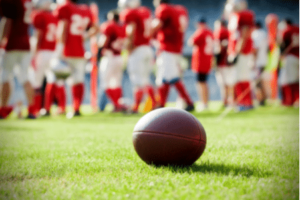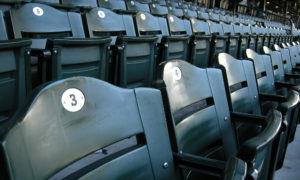 On July 1, 2024, Virginia’s recently passed amendments to its NIL law—which include significant restrictions on the NCAA’s ability to enforce its NIL policies—will take effect. Virginia Governor Glenn Youngkin signed House Bill 1505 into law on April 18, 2024. Under the updated law, it will be illegal in Virginia for the NCAA to “take any adverse action against an institution, its supporting foundations, or an entity acting on its behalf” for any NIL activity permitted under the statute, including direct compensation from an institution to its student-athletes for their name, image, and likeness rights (provided that student fees are not used). Current NCAA rules purport to prohibit institutions from “compensating student-athletes for use of their NIL,” but Virginia’s new law puts additional pressure on the NCAA to adapt.
On July 1, 2024, Virginia’s recently passed amendments to its NIL law—which include significant restrictions on the NCAA’s ability to enforce its NIL policies—will take effect. Virginia Governor Glenn Youngkin signed House Bill 1505 into law on April 18, 2024. Under the updated law, it will be illegal in Virginia for the NCAA to “take any adverse action against an institution, its supporting foundations, or an entity acting on its behalf” for any NIL activity permitted under the statute, including direct compensation from an institution to its student-athletes for their name, image, and likeness rights (provided that student fees are not used). Current NCAA rules purport to prohibit institutions from “compensating student-athletes for use of their NIL,” but Virginia’s new law puts additional pressure on the NCAA to adapt.
On top of re-affirming the rights of student-athletes to earn NIL money and limiting the enforcement powers of athletic associations and conferences, Virginia’s amended law expressly authorizes private rights of action by athletes, institutions, “supporting foundations,” and entities acting on an institution’s behalf. Any student-athlete “aggrieved” by an institution, athletic association, conference, or similar organization may go to court for an injunction, while any institution (or its supporting foundations and entities acting on its behalf) may recover actual damages and attorneys’ fees if it is subjected to “any actual or threatened complaint, investigation, penalty, or other adverse action of an athletic association, athletic conference, or other organization with authority over intercollegiate athletics for engaging in activities permitted” under the new law.
Virginia’s decision to allow institutions to directly compensate student-athletes stands out from other states that allow colleges to enable, but not necessarily be a direct party to, NIL deals. As we wrote about previously, states like Missouri allowed collectives to condition NIL deals on attendance at a particular school and allowed schools to “enable” such deals. Virginia, however, may be the first to permit direct NIL relationships between student-athletes and their colleges.
While the new law could give Virginia colleges an upper hand in recruiting for now, some stakeholders still hope a federal law will make its way through Congress. University of Virginia Director of Athletics Carla Williams made it clear that, despite the advantage that Virginia universities may gain from the new law, the ultimate goal is “a federal solution or a national solution” to NIL. Legislation similar to Virginia’s new law that other states (South Carolina, Nebraska, Oklahoma, Illinois, Louisiana and Mississippi) are considering may increase the pressure on the NCAA and Congress to develop a NIL law that applies nationwide. Virginia’s law could also engender support for Charlie Baker’s proposed plan from December, as major Division I schools outside Virginia will want to minimize any advantages for schools in The Old Dominion.
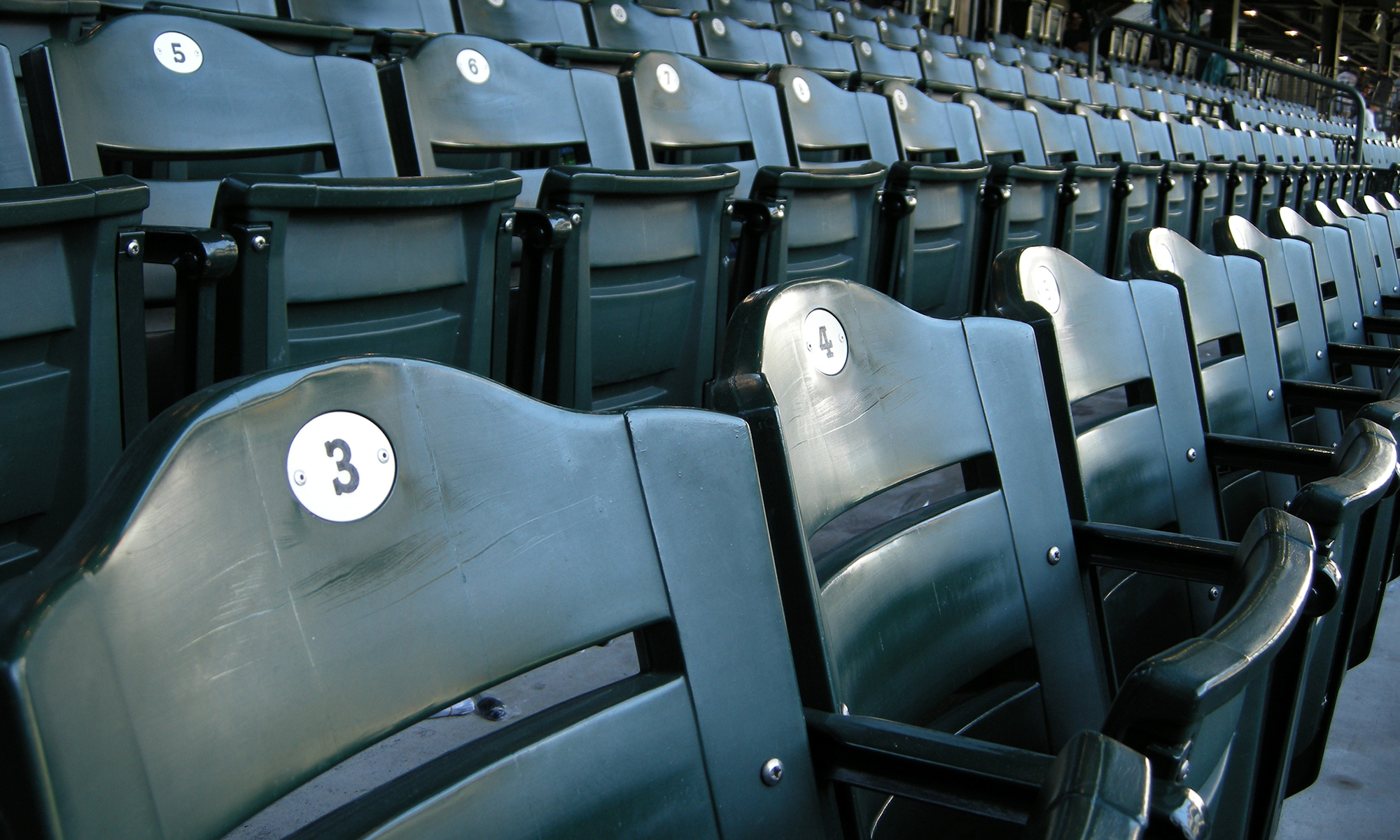
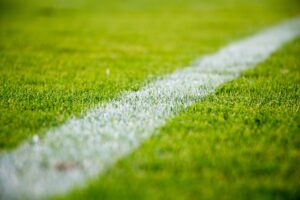 On February 23, 2024, United States District Judge Clifton L. Corker of the Eastern District of Tennessee granted a preliminary injunction
On February 23, 2024, United States District Judge Clifton L. Corker of the Eastern District of Tennessee granted a preliminary injunction 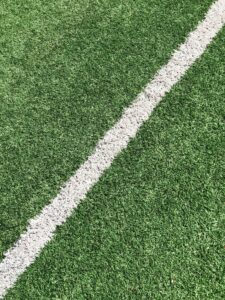 This week,
This week, 